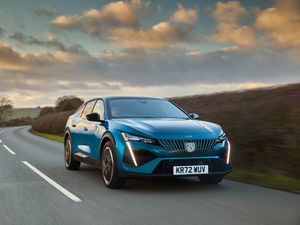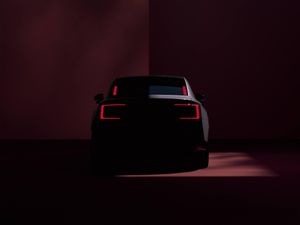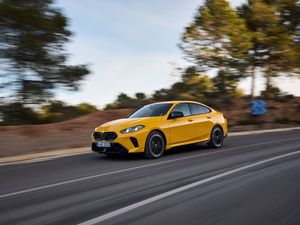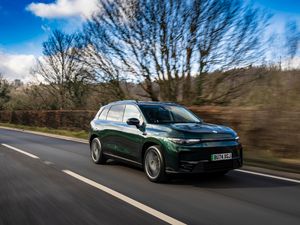Hampshire police switches fleet to electric cars
Pool and CID cars will be replaced with electric BMW i3s, saving a claimed £450,000 over three years
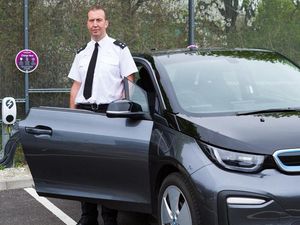
Hampshire Constabulary has become the first non-metropolitan police force to switch its general fleet of cars from petrol and diesel cars to electric.
The force claims the switch will save an initial £450,000 over three years, with running costs for the electric cars significantly reduced over a petrol model.
The cars, which are BMW i3 Range Extender models will not replace emergency response or traffic vehicles, but will be used for general journeys by officers and investigators.
“The range of the i3 on electric power alone is up to 120 miles,” said Inspector Andy Tester, who developed the plan. “The average daily mileage of a CID or pool car is significantly less than 100 miles.”
“Plus, the majority of these vehicles are generally used on day or late shifts, which means the cars can be charged for regular periods overnight.”
The force emphasised the cost-cutting aspect of the cars, noting both that the vehicles had been bought at a large discount – reducing depreciation to virtually zero – and that the price of fuelling is less than a third of a conventionally powered pool car.
“We are spending public money so it is vitally important that forces find pioneering new ways to transform the way things are done,” said Tester. “There is a perception that electric cars are expensive but we have done the sums and with the help of government grant, the savings for the first three years are £450,000.
The i3s that Hampshire Constabulary are using are range extender models, which combat traditional ‘range anxiety’ with a small petrol generator allowing them to continue driving even when the batteries are discharged.
“The response from those who have used them so far has been fantastic,” Tester said. “They have praised the design, quality, equipment levels and the way they drive.”

